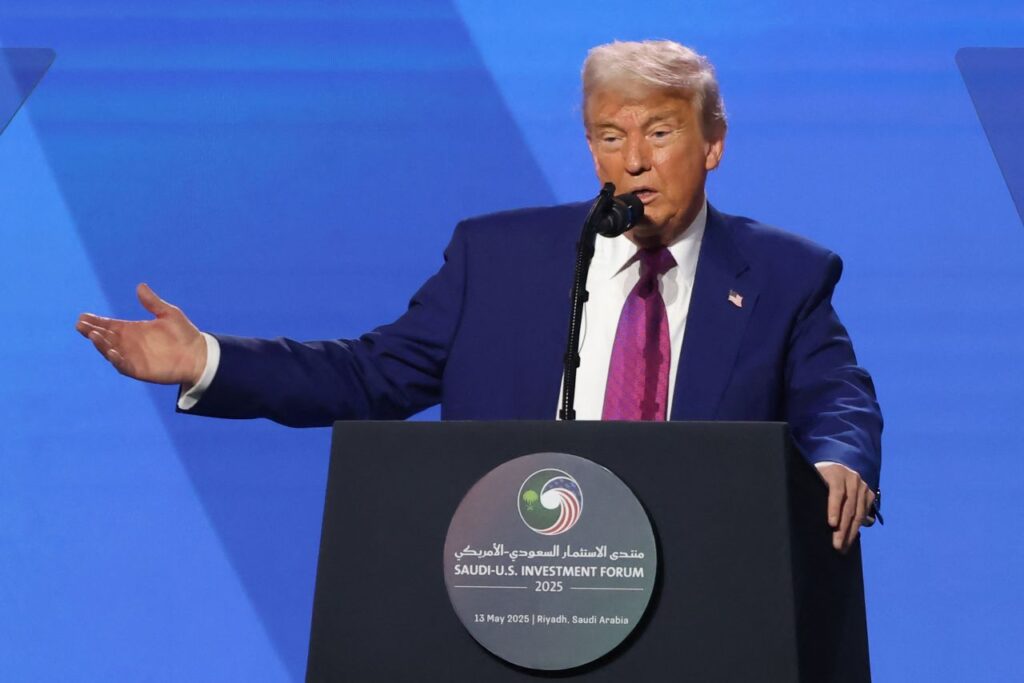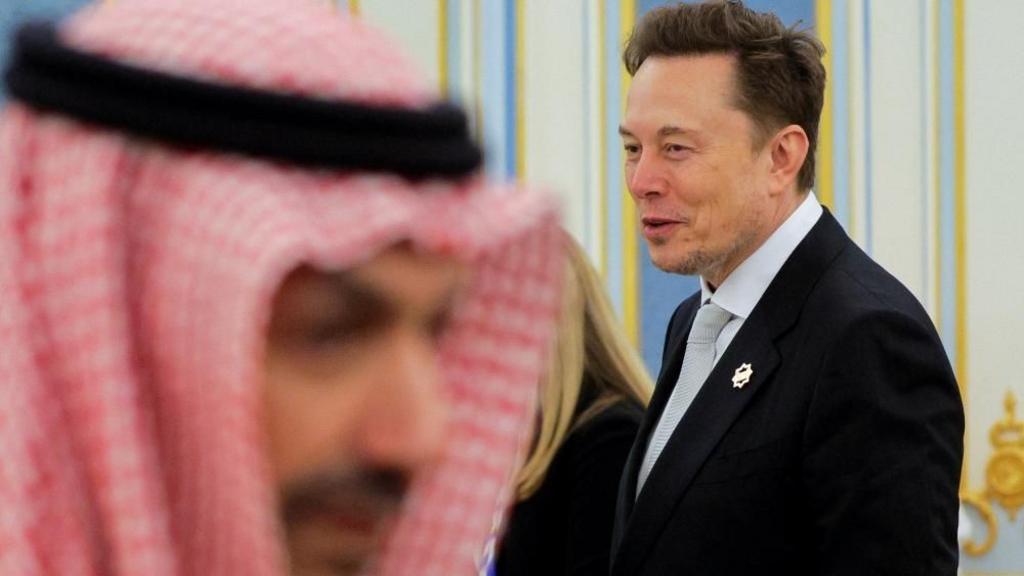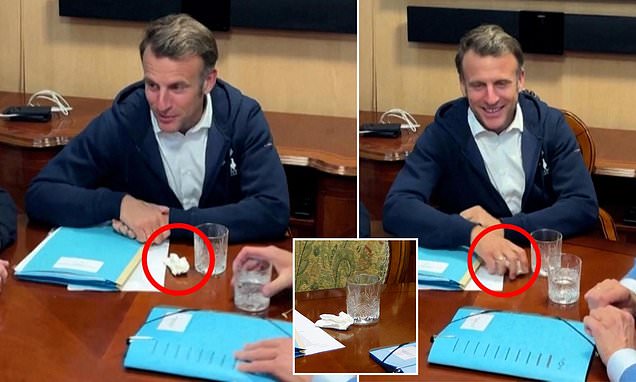On June 8, 2025, the Freedom Flotilla vessel “Madleen”, sailing under a British flag and carrying humanitarian aid for Gaza, was intercepted by Israeli naval forces in international waters.
Onboard were Greta Thunberg, climate activist and Nobel Prize nominee, and 11 international peace activists, including:
- 🇫🇷 Baptiste André
- 🇫🇷 Reva Viard
- 🇸🇪 Greta Thunberg
- 🇫🇷 Rima Hassan (French Member of the European Parliament)
- 🇹🇷 Suayb Ordu
- 🇪🇸 Sergio Toribio
- 🇳🇱 Mark van Rennes
- 🇧🇷 Thiago Ávila
- 🇫🇷 Omar Faiad
- 🇫🇷 Yanis Mhamdi
- 🇫🇷 Pascal Maurieras
- 🇩🇪 Yasemin Acar

The ship was redirected to Ashdod port, where the activists were detained by Israeli authorities.
🗣️ Claims of Kidnapping and Piracy of Greta Thunberg
The Freedom Flotilla Coalition called the action a “violation of international law,” branding the boarding a “kidnapping” and “act of piracy.” Activists say they were seized in international waters approximately 200 km off Gaza’s coast.
Greta Thunberg posted a pre-recorded message that surfaced after her detention:
“If you see this video, we have been intercepted and kidnapped in international waters by the Israeli military while trying to deliver aid to Gaza.”
Turkish and Spanish officials echoed similar concerns, with Turkey calling the move an “act of piracy” and Spain summoning the Israeli ambassador for explanation.
🕊️ Mission of the “Madleen” led by Greta Thunberg
The “Madleen” carried essential symbolic aid, including:
- Baby formula
- Medical kits
- Dried food
- Messages of solidarity from over 50 countries
Organizers say the objective was to raise awareness about the severe humanitarian crisis in Gaza, where famine conditions and critical shortages persist due to Israel’s blockade.
🛑 Israel’s Defense
The Israeli government defended its interception of the ship, citing a naval blockade imposed on Gaza since 2007, which it argues is necessary for national security.
Israeli officials stated that:
- The activists “refused inspection” and took a political stunt approach.
- Detainees were shown a 43-minute video about Hamas terrorism.
- All were treated humanely and are expected to be deported without charges.
🌍 International Reactions
- 🇫🇷 France has demanded the release of French citizens.
- 🇪🇸 Spain condemned the boarding and summoned Israel’s representative.
- 🇺🇳 UN experts stressed the need for humanitarian corridors into Gaza.
- 🇪🇺 The EU Parliament is expected to debate the legality of the blockade and the detainment of a sitting MEP.
📲 Social Media Buzz about Greta Thunberg
The hashtag #FreeGreta and #FreedomFlotilla trended globally, with videos from the ship surfacing online and showing the moment Israeli soldiers boarded.
Debates erupted over whether this was heroic humanitarianism or dangerous provocation.
📌 Why This Matters
- Humanitarian Crisis: Over 80% of Gazans are now food insecure, according to UN reports.
- Freedom of Movement: Critics say Israel violated international law by acting outside its maritime boundaries.
- Celebrity Diplomacy: Thunberg’s global profile has turned this incident into a geopolitical flashpoint.
- Legal Debate: Was this a lawful military interception or an unlawful abduction of civilians?


